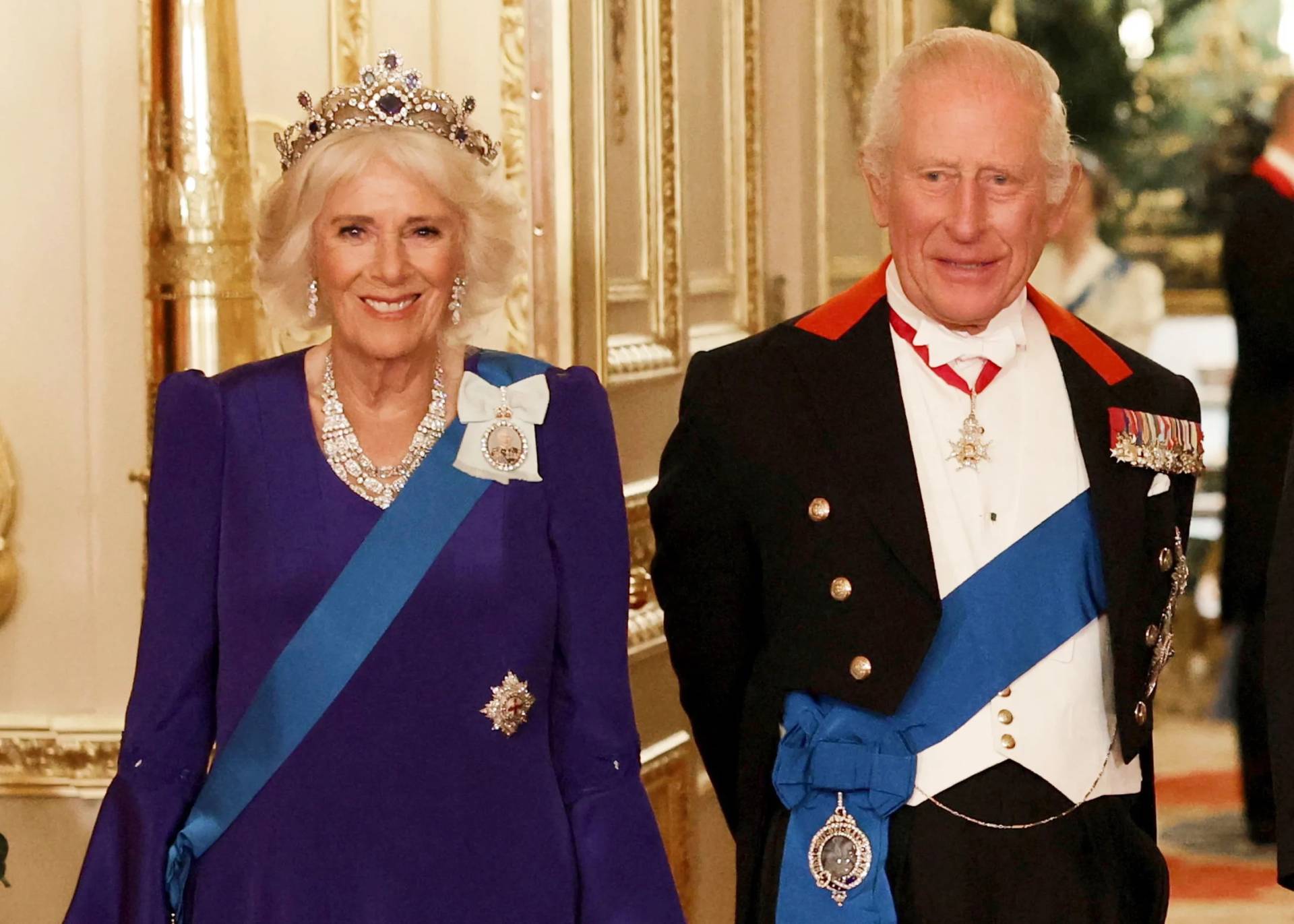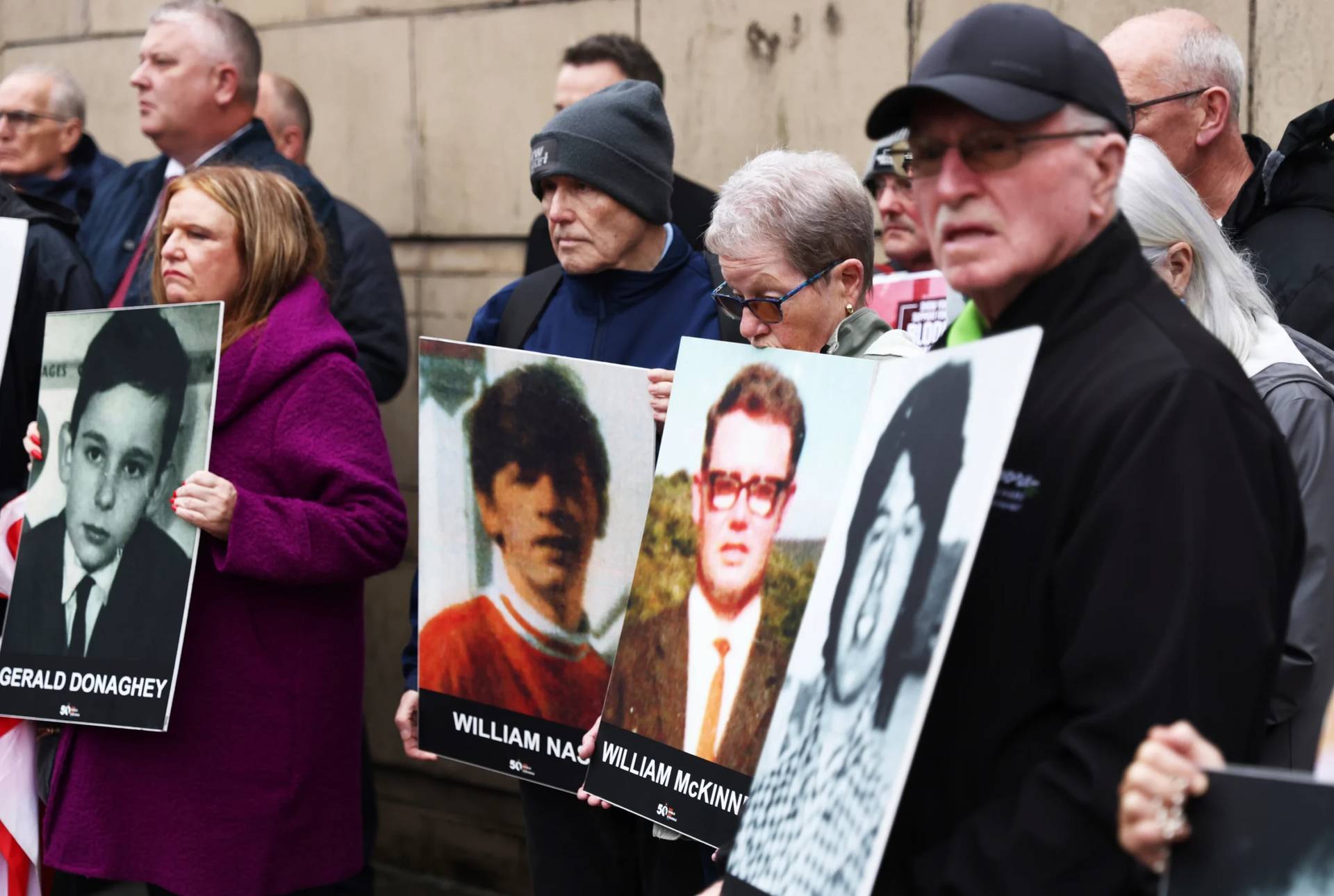LEICESTER, United Kingdom – Ireland’s religious leaders are calling on Brexit negotiators to not threaten the peace on the island brought by the 1998 Good Friday Agreement.
The 20-year-old pact brought an end to “The Troubles” which had left over 3,500 people dead and nearly 50,000 people injured since the late 1960’s.
The agreement had been undergirded by the fact both the Republic of Ireland and the United Kingdom were members of the European Union, making it easier to remove all border restrictions between the Republic of Ireland and Northern Ireland. The UK’s withdrawal from the EU has caused uncertainty about the free flow of goods across the Irish border.
Since the UK voted to leave the EU in 2016, Northern Ireland has seen a rise in sectarian tensions between the Protestant majority – most of whom are Unionists wanting to remain in the UK – and Catholic minority – most of whom are Nationalists wanting a United Ireland.
The UK and EU are currently in negotiations for a final agreement on their relationship after the current transitional phase that is due to end at the end of the year.
Prime Minister Boris Johnson caused uproar last month when he proposed legislation that would allow the UK to break international law to ensure the free movement of goods between Northern Ireland and the rest of the UK. The two sides are also finding it hard to find common ground on fishing rights and state subsidies to businesses.
In a joint statement released Oct. 6, leaders of the island’s main Christian churches said it is important to gain the “clarity and security” a UK-EU agreement will provide.
“We do not underestimate the challenges faced by the negotiating parties in terms of the complexity and the significance of what is at stake,” the statement said.
“As Church Leaders on the island of Ireland, we have welcomed the important commitment of both parties in the negotiations to the protection of the Good Friday/Belfast Agreement in all its parts. It is our hope that the Agreement might serve as a source of inspiration and a foundation to build upon as we continue to work through the Brexit process,” it continued.
The statement was signed by Archbishop Eamon Martin of Armagh and the Primate of All Ireland, along with leaders of the Anglican, Methodist, and Presbyterian churches. The head of the Irish Council of Churches was also a signatory. Like many institutions in Ireland, the churches operate on an “all-Ireland” basis, encompassing both the Republic and the North.
The Church leaders noted that the preamble of the Good Friday Agreement “is a powerful reminder that it is relationships that make agreements operational.”
“The signatories committed to ‘the achievement of reconciliation, tolerance, and mutual trust and to the protection of the human rights of all.’ Based on these principles, the Agreement created a new space in which to navigate what the Preamble describes as ‘the substantial differences between our continuing and equally legitimate, political aspirations’. The work remains unfinished, but that framework allowed us to address significant barriers to political engagement, promote greater social cohesion and develop our economy,” the statement said.
“The Agreement is rightly regarded as an act of significant global leadership in peace and reconciliation, an achievement that belongs not only to the people of Northern Ireland, but to the British and Irish people and Governments, with the support of the EU and friends in the United States,” it continues.
The Church leaders said “interdependence” is at the heart of the Good Friday Agreement and this awareness has been heightened by the COVID-19 pandemic, which has required collaboration, “not only between Britain and Ireland, but on a European and wider international level.”
“There are other major challenges on the horizon that are global in nature and will require nations to coordinate their responses and demonstrate a shared vision in their leadership. Trade agreements cannot be separated from this wider network of relations because they have vital social and ethical dimensions,” the Church leaders said.
“The future relationship between the UK and the European Union will be the focus of debate and negotiation for many years to come. We appeal to the negotiating parties to act with urgency and generosity to secure the best possible foundation for that evolving relationship by giving much needed certainty on the economic and social implications, and providing a framework within which future challenges can be addressed on the basis of relationships of trust and mutual respect,” the statement concludes.
Follow Charles Collins on Twitter: @CharlesinRome














